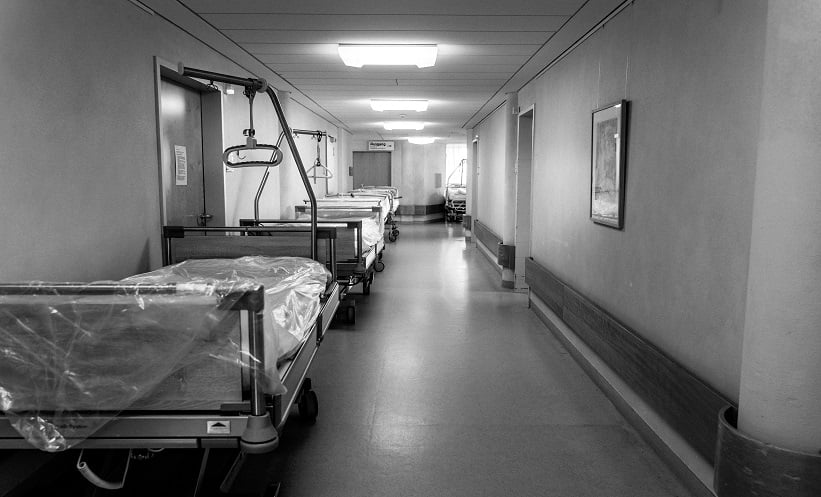SURVIVORS of acute kidney injury (AKI) are at a higher risk of chronic kidney disease and death. Despite this, gaps exist in follow-up care and few patients see a nephrologist following hospital discharge. For this reason, a study was conducted to determine whether attendance at an AKI follow-up clinic, which emphasises management of cardiovascular risk and kidney complications, was associated with reduced major adverse kidney events.
The study included patients hospitalised with AKI in Ontario, Canada, between 1st February 2013 and 30th September 2017. Propensity scores were used to match each patient who attended an AKI follow-up clinic with four similar patients in the region who received standard care. The primary outcome was time to a major adverse kidney event, defined as death, initiation of maintenance dialysis, or incident/progressive chronic kidney disease.
In total, the authors matched 164 patients from the AKI follow-up clinic to 656 patients who received usual care. Over a mean follow-up of 2.2 years, care in the outpatient clinic was not associated with a reduction in major adverse kidney events relative to standard care (22.1 and 24.7 events per 100 patient-years; hazard ratio [HR]: 0.91; 95% confidence interval [CI]: 0.75–1.11). However, the AKI follow-up clinic was associated with a lower risk of all-cause mortality (HR: 0.71; 95% CI: 0.55–0.91). In addition, patients aged 66 years and older who attended the AKI follow-up clinic were more likely to receive prescriptions for some cardioprotective medications, including β-blockers (HR: 1.34; 95% CI: 1.02–1.77) and statins (HR: 1.35; 95% CI: 1.05–1.74) but not angiotensin-converting enzyme inhibitors or angiotensin receptor blockers (HR: 1.21; 95% CI: 0.94–1.56).
In summary, these study findings indicate the potential benefits of specialised post-discharge follow-up for patients who survived a hospitalisation with AKI. However, these results require confirmation in randomised trials.








